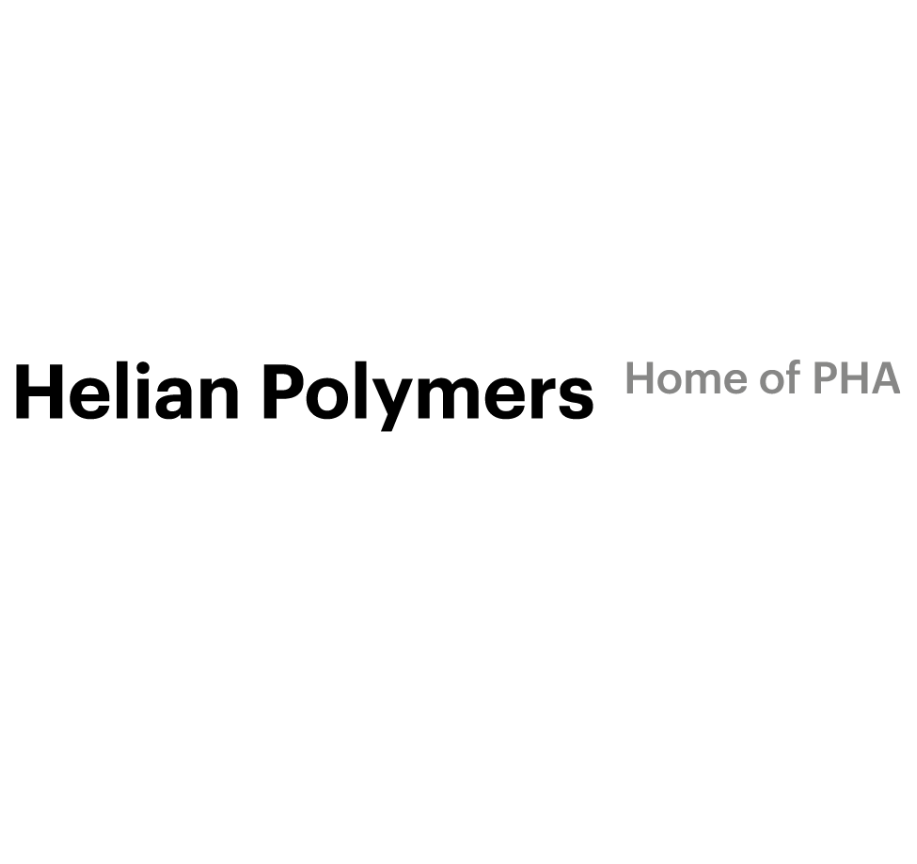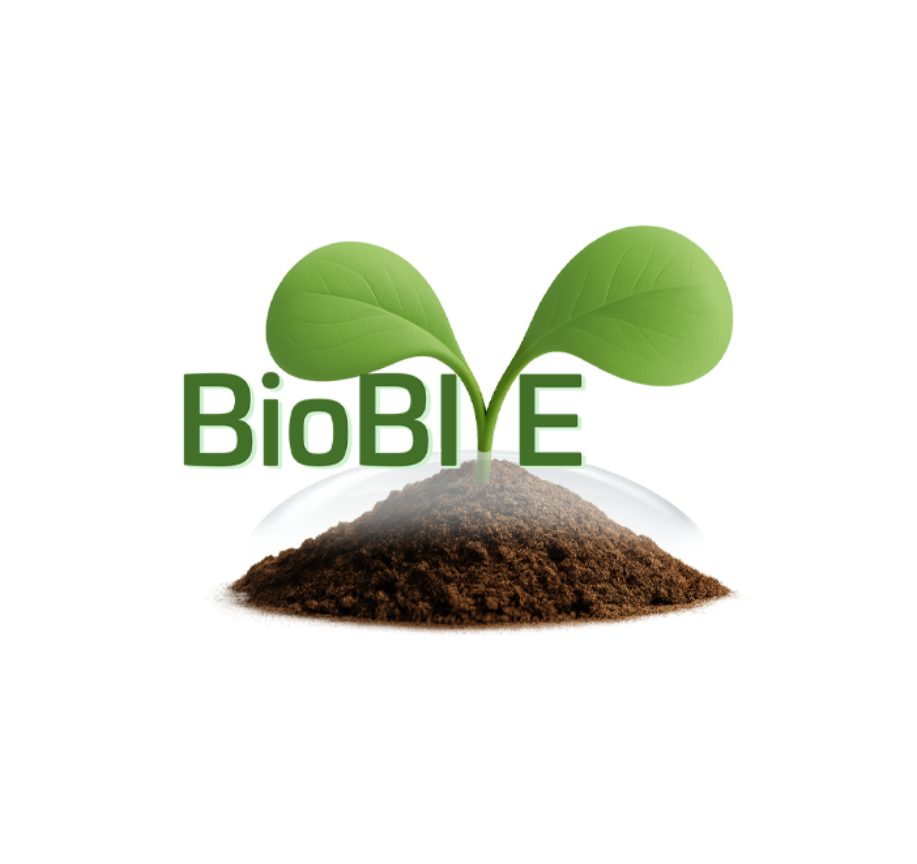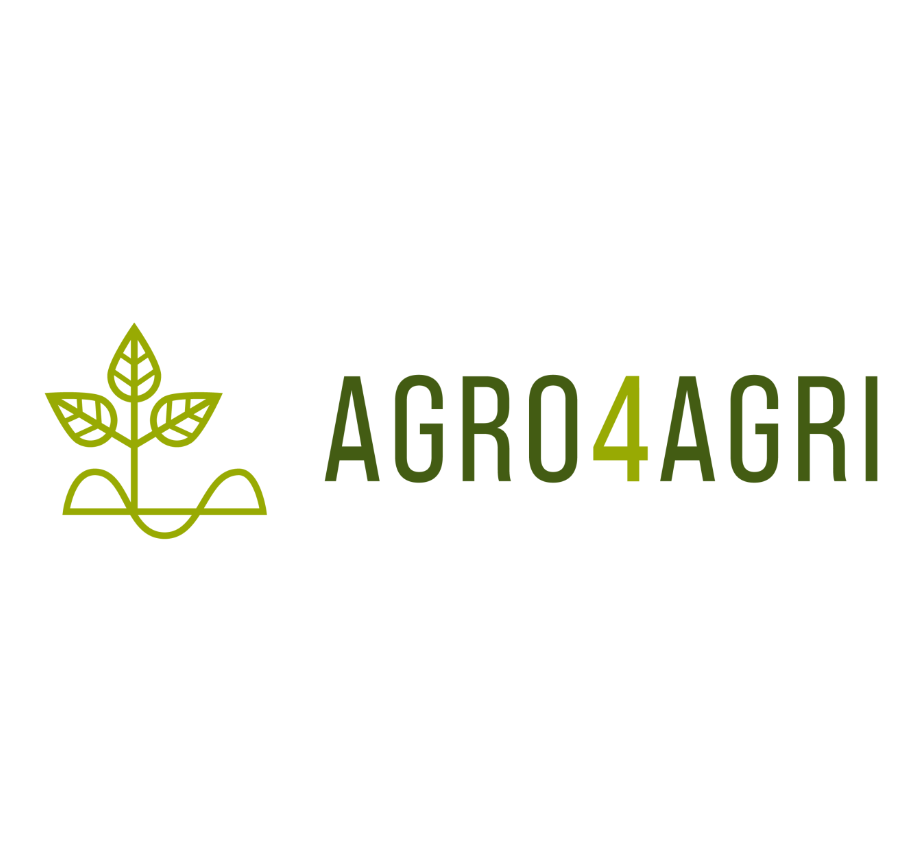About
PHA-based innovative agricultural solutions to deliver bio-based fertilisers and plant protection products.
With the official title “PHA-based iNnovative agriculTurAl Solutions to deliver bio-based ferTIlisers and plant protection produCts”, the PHAntastic project uses polyhydroxyalkanoates (PHAs) to develop biodegradable mulch film and growth foam delivery systems, reducing the need for synthetic agrochemical inputs and non-biodegradable polymers. The PHA-based delivery systems containing active bioproducts will be demonstrated in European horticultural and tree nursery settings.
Coordinated by the CETEC and comprising 15 partners from 7 countries, this 4-year (2024-2028) €7.4M Horizon project contributes to a secure food supply chain and a reduced environmental impact of agriculture, boosting the sustainability, autonomy and competitiveness of vital EU value chains.
Objectives
PHAntastic aims to reduce dependency on conventional agrochemicals and plastic waste in agriculture by developing two kinds of biodegradable PHA-based delivery systems: mulch films and growth foams.
Each system is enriched with bio-based active ingredients (including amino acids, hydrolysed proteins, microelements, natural elicitors, and beneficial microbes) to promote plant health and soil fertility. These solutions will be co-designed and tested with end users in both Northern and Southern Europe, aiming to reach demonstration-level readiness (TRL6).
Throughout the process, the project will apply the EU’s Safe and Sustainable by Design (SSbD) framework to assess safety, sustainability, and regulatory compliance.
Mulch Films
Mulch films are thin layers of plastic commonly used in farming to protect crops, maintain soil moisture, and control weeds. Unfortunately, most of these films are made from oil-based plastics or do not degrade completely into the soil, creating long-term plastic pollution.
Our innovative mulch films are made from PHBV, a fully biodegradable plastic produced from agricultural residues. These films don’t just reduce plastic waste; they actively support plant growth through a three-stage approach:
- Growth support: During the plant’s development, the mulch film is designed to release natural, bio-based fertilisers (like amino acids and algae-derived minerals) and PPPs (such as peptide and sugar-based elicitors) through PHA nanocapsules embedded in a coating.
- Soil health boost: We apply beneficial microbes called Plant Growth-Promoting Rhizobacteria (PGPR) that improves soil balance and helps the mulch film completely degrade.
- Nutrient release: As the mulch film naturally biodegrades, it releases more nutrients and microorganisms into the soil, enhancing soil fertility.
With PHAntastic mulch films, farmers can grow healthier crops while cutting down on both agrochemical use and plastic pollution.
Growth Foams
Growth foams are used as supportive, sponge-like materials for tree seedlings, especially in nurseries. There are some attempts at growth foams made out of biobased materials, but they take a long time to biodegrade, and generally they are blended with fossil based plastics to achieve the required properties.
Our biobased and biodegradable growth foams are made from PHBV and embedded with a solution rich in natural fertilisers and plant-friendly microorganisms.
Here’s how they work:
- Moisture-retentive and nutrient-rich: The foam creates a soft, supportive environment for seedlings (such as citrus and ornamental trees), holding water and gradually releasing bio-based active bioproducts.
- Soil integration: Once transplanted, the foams degrade into the soil, releasing additional nutrients and PGPR bacteria that help young trees thrive and maintain a healthy root environment.
- No clean-up required: Unlike conventional foams that need to be manually removed and disposed of, PHAntastic growth foams break down naturally, eliminating waste and saving time and costs for growers.
With PHAntastic growth foams, we offer a smart, sustainable solution for nurturing trees, from nursery to soil, while protecting our ecosystems.
Impacts
PHAntastic will contribute to the elimination of 23,000 tons of agrochemicals from fertilisers and pesticides and prevent 680 tonnes of microplastics from entering agricultural soils by 2050. The use of biodegradable, bio-based inputs not only reduces pollution, but also enhances soil biodiversity, resilience, and long-term fertility.
The project contributes to EU policies shaping safer food systems, lower carbon footprints, and increased independence from fossil-based inputs. These benefits will help improve public trust in farming practices and open new eco-friendly business opportunities for the agri-food sector across Europe.
Work plan
PHAntastic will contribute to the elimination of 23,000 tons of agrochemicals from fertilisers and pesticides and prevent 680 tonnes of microplastics from entering agricultural soils by 2050. The use of biodegradable, bio-based inputs not only reduces pollution, but also enhances soil biodiversity, resilience, and long-term fertility.
The project contributes to EU policies shaping safer food systems, lower carbon footprints, and increased independence from fossil-based inputs. These benefits will help improve public trust in farming practices and open new eco-friendly business opportunities for the agri-food sector across Europe.
The consortium
PHAntastic, coordinated by CETEC, gathers a strong and complementary consortium of 15 partners from 7 countries.





Sister projects and related initiatives



